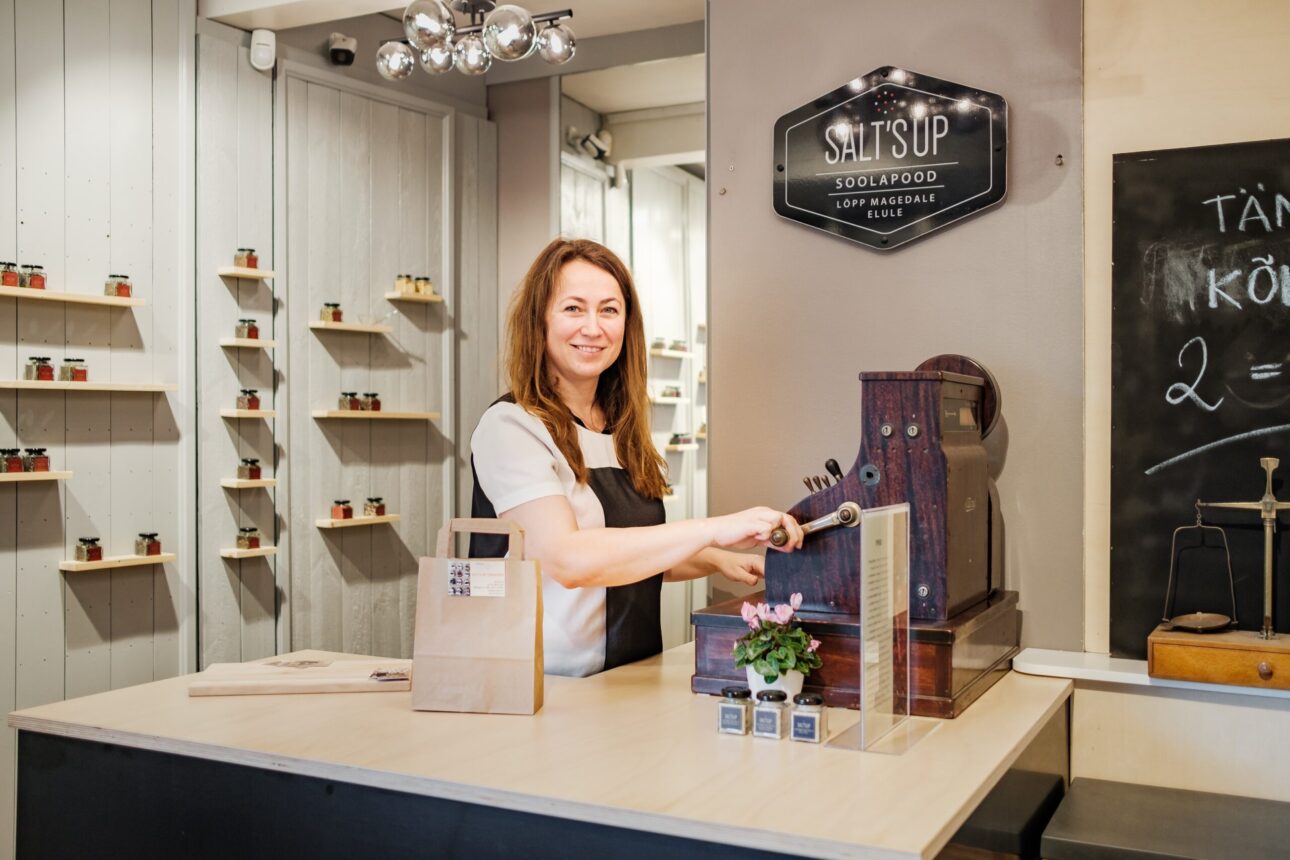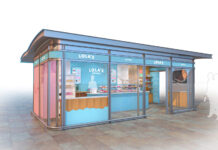Productivity is an important metric to track, and also one of the more intuitive ones for any business to track. It can tell you a lot about the operation of your business as a whole, and improving it has knock-on economic benefits. If you are run a workshop in manufacture, engineering or another trade, the productivity of your workers is plain to see in the speed and effectiveness at which they complete repair or assembly tasks.
Managing productivity is a holistic process, and one which can take you further away from staff training and management than you might think. There are many different ways to approach improving productivity, which target motivation and staff satisfaction as opposed to staff discipline. The following measures can help you improve your workshop’s productivity without cracking the whip on your team – and build a more harmonious workplace in the process.

Designating Working Stations
One of the simplest changes you can make to improve productivity in your workshop is to create designating zones for working. There are a couple of ways you can go about doing this, but they all have similar effects on the environment and productivity as a result.
You could either create designated spaces for individual workers, or designated spaces for specific tasks – like drilling, polishing or machining. The former is useful for certain workshops where tasks are uniform, where the latter is more useful for multi-stage projects like furniture-building.
Both ways, though, serve to keep tools in set locations, and give workers more control over the cleanliness and workability of the workshop as a whole. Less effort spent on cleaning and tidying away means more time and energy working at one’s best.
Music at Work
You can also work to make your workshop a more comfortable, enjoyable place in which to work by introducing music. The simple addition of a Milwaukee-branded radio to match your tools can elevate the space, enabling workers to listen to music while they work on projects.
Music in the workplace has been a source of some interesting study, with some music consultants finding that introducing music to working environments has improved productivity, by inspiring people to work faster, harder and indeed happier. There is even something called the Mozart Effect, which describes the uncanny ability for Mozart’s music to inspire improved performance in relation to tasks and learning.
Flexible Work Arrangements
Not all of your productivity measures need to involve tangible purchases and changes to your physical workspace. There are ways in which you can approach your arrangement with your employees to boost motivation and, in turn, productivity.
One of the best ways to do this is to institute flexible work agreements with your staff. The coronavirus pandemic popularised remote and hybrid working solutions, enabling office workers to have more control over their day and the cost of their commute. Home-working isn’t necessarily possible in a workshop or production environment, but you can learn some lessons from businesses that have successfully incorporated them. Specifically, giving workers more control over their hours can help them feel more comfortable in their role.




















